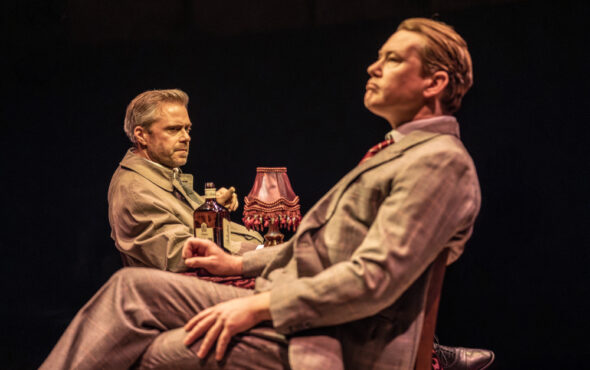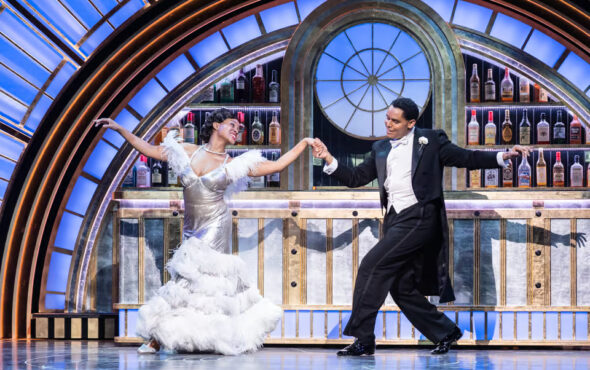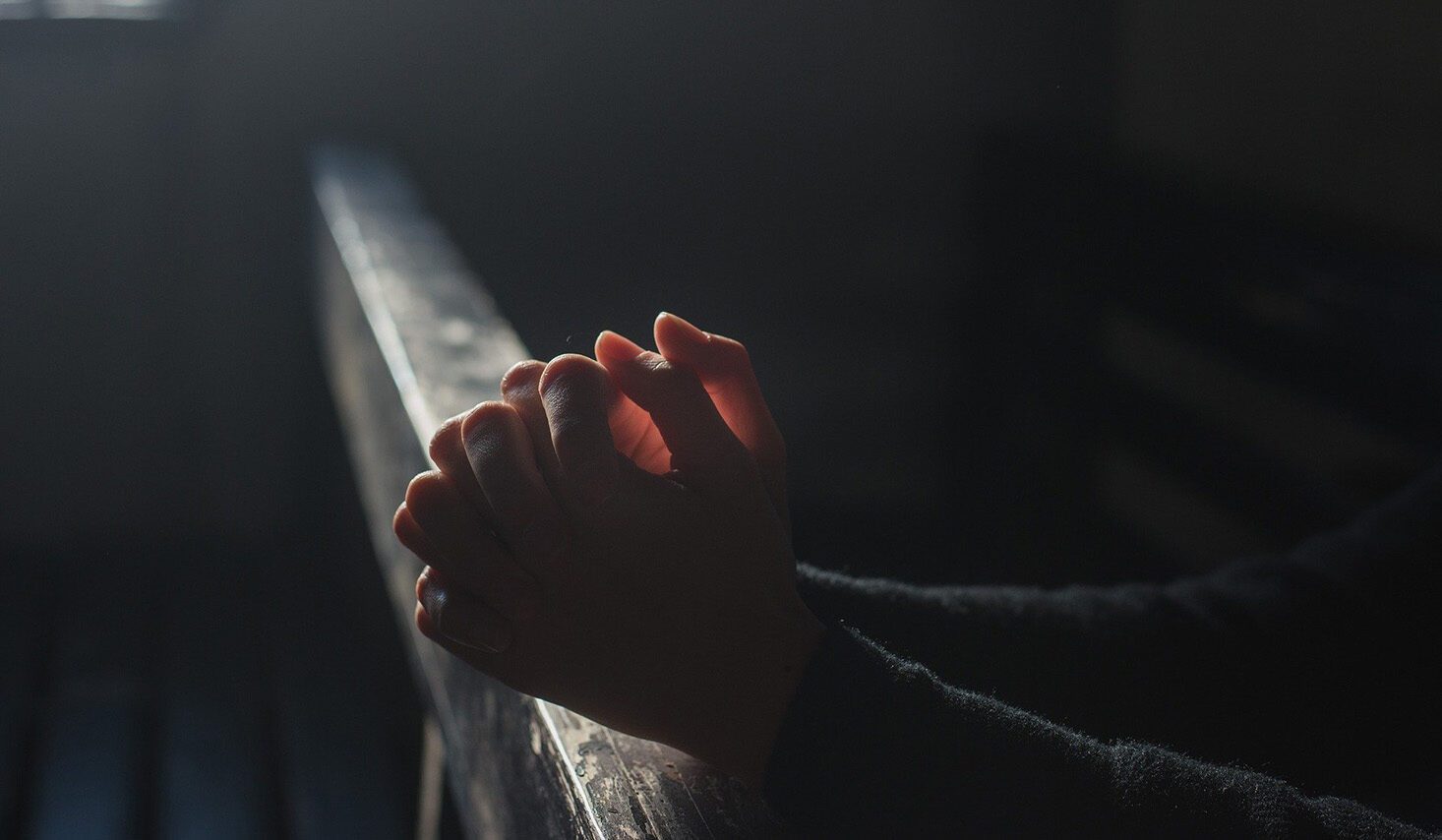
LGBTQ+ History Month always provides a wonderful opportunity to reflect. In particular LGBTQ+ people have become much more aware of the challenges faced by LGBTQ+ Christians over the past five years. With equal marriage introduced in 2013, many people thought the UK was approaching full equality for LGBTQ+ people. It seemed that there was a cross-party political consensus on the advancement of LGBTQ+ rights and I also fell into the trap of thinking that more progress was inevitable.
The equal marriage legislation was only passed because religious groups, including the Church of England, were allowed to opt-out. Although this compromise may have been necessary at the time – we can forget that the Conservative-Liberal Democrat coalition only passed the legislation in the House of Commons because of Labour support, with 136 Conservative MPs voting against – it left LGBTQ+ people of faith in a difficult position.
Our LGBTQ+ friends could now get married, but both ordained and lay members of the Church of England were excluded. If anything this exacerbated the tension between faith and sexuality, in that if gay Anglicans wanted to get married we couldn’t do this in a Church of England church. We could have a secular union, but in England we still can’t have this blessed in church by our faith leaders. The situation was even more complex for Church of England priests, who were not allowed to get married at all – currently they can have civil partnerships but are prohibited from having sex with their partners.
The situation is as bizarre as it sounds. For non-religious people it must seem archaic, with the Church of England coming across as inwards looking and increasingly irrelevant. However, the Church of England has a unique position as the established church with 26 Peers who sit in the House of Lords – as part of our legislature!
There is, in my view, a longing for LGBTQ+ inclusion within the Church of England. As GAY TIMES readers may know, I actually sit on the Church of England’s General Synod – its governing body or parliament – and there are a large group of us, possibly approaching a majority on Synod now, calling for change. Trailblazers like Jayne Ozanne, the leading gay Evangelical Christian and even senior bishops, allies like Paul Bayes, the Bishop of Liverpool, have been advancing a fully inclusive agenda. I truly believe that change will come, it’s just that progress is grindingly slow.
I am so grateful that we do now have the backing of the majority of LGBTQ+ people – we need their support. The shift has been gradual – key factors included Stonewall’s focus on LGBTQ+ school role models of faith from 2015 and 2016, and Jayne Ozanne’s successful introduction of a motion to ban so-called “conversion therapy” in General Synod in 2017.
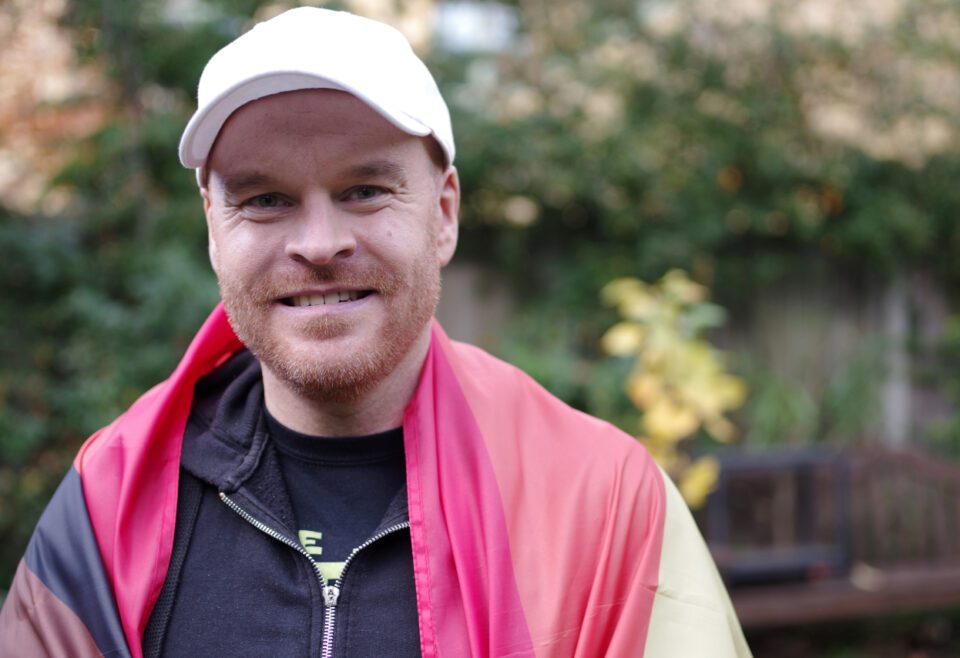
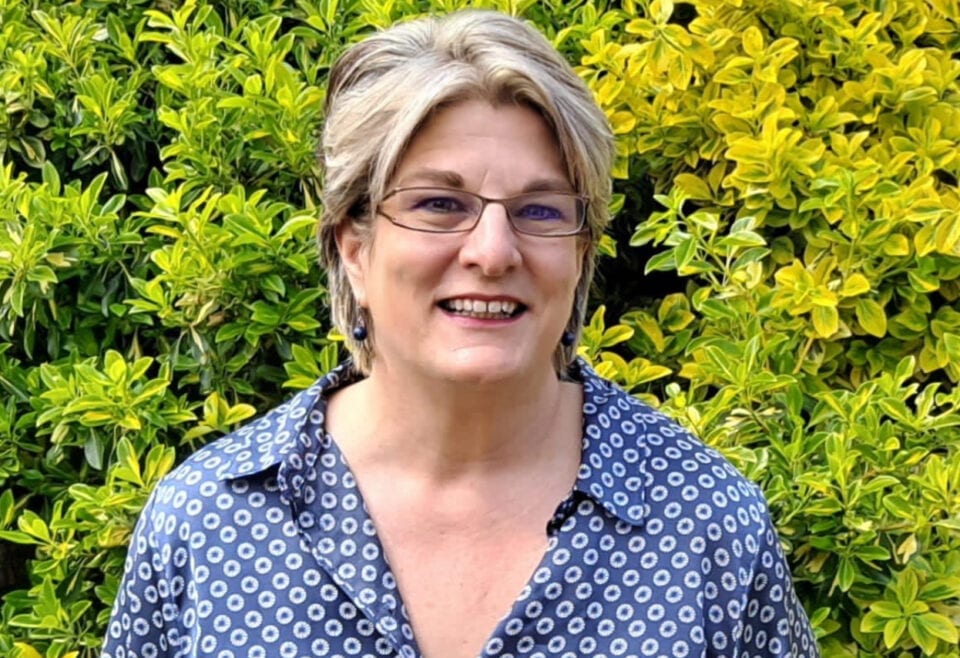
So the Church I love became an LGBTQ+ rights pioneer in calling early on for “conversion therapy” to be banned. Furthermore, the National LGBT Survey, launched in 2017, revealed that 5 per cent of LGBTQ+ people had been offered “conversion therapy” and 2 per cent had actually experienced it.
LGBTQ+ organisations and campaigners woke up to just how dangerous “conversion therapy” is. It is heart-warming to see LGBTQ+ people get so thoroughly behind banning “conversion therapy”. It is sad that, nearly five years on from the Church of England’s General Synod endorsing a ban, the Conservative government still hasn’t delivered on this.
The next General Synod takes place from 8 to 10 February. A coalition of faith charities came together to encourage responses to and compile the Safeguarding LGBT+ Christians Survey, which has been released ahead of General Synod and to coincide with LGBTQ+ History Month.
Only one-third of LGBTQ+ Christians feel safe to be themselves in the church they regularly attend. Whereas many LGBTQ+ Christians do feel that their physical safety is taken seriously, their psychological, emotional or spiritual safety is not. Having openly affirming clergy plays a key role in making LGBTQ+ worshippers feel safe, as well as knowing that there are other LGBTQ+ Christians in the congregation. The survey is essential reading for anyone who wants to understand the challenges faced by LGBTQ+ Christians in the UK.
As LGBTQ+ History Month commences, I ask people to reflect on the significant inequalities faced by LGBTQ+ people of faith in the UK. There is much work to be done so that LGBTQ+ people feel safe in faith settings, including achieving a meaningful ban on “conversion therapy”. While governments and Church of England authorities vacillate, LGBTQ+ Christians continue to suffer. LGBTQ+ Christians should be able to live fulfilled lives and celebrate their love.
“For too long LGBT+ people of faith have been caught in the cross fire between those who want to discriminate against LGBT+ people because of their religious beliefs and those in the LGBT+ community who are understandably angry with people of faith for the rejection and harm they have suffered. This research shows how costly the decision to continue practicing their faith is, with many feeling apprehensive about attending church and nearly half feeling worried about what might be said in the sermon – both things that most heterosexuals will probably have never thought about or experienced.” – Jayne Ozanne


